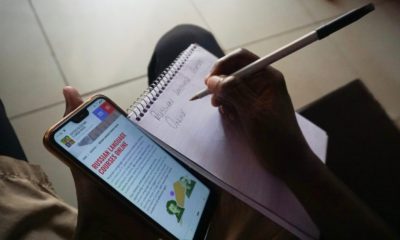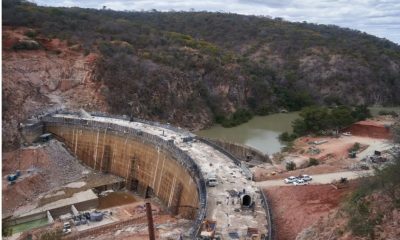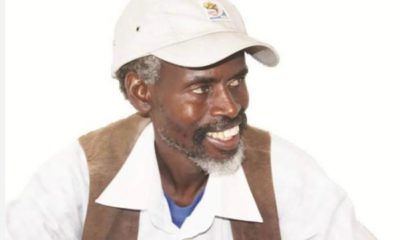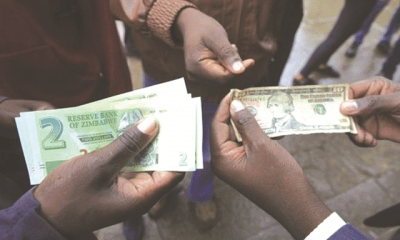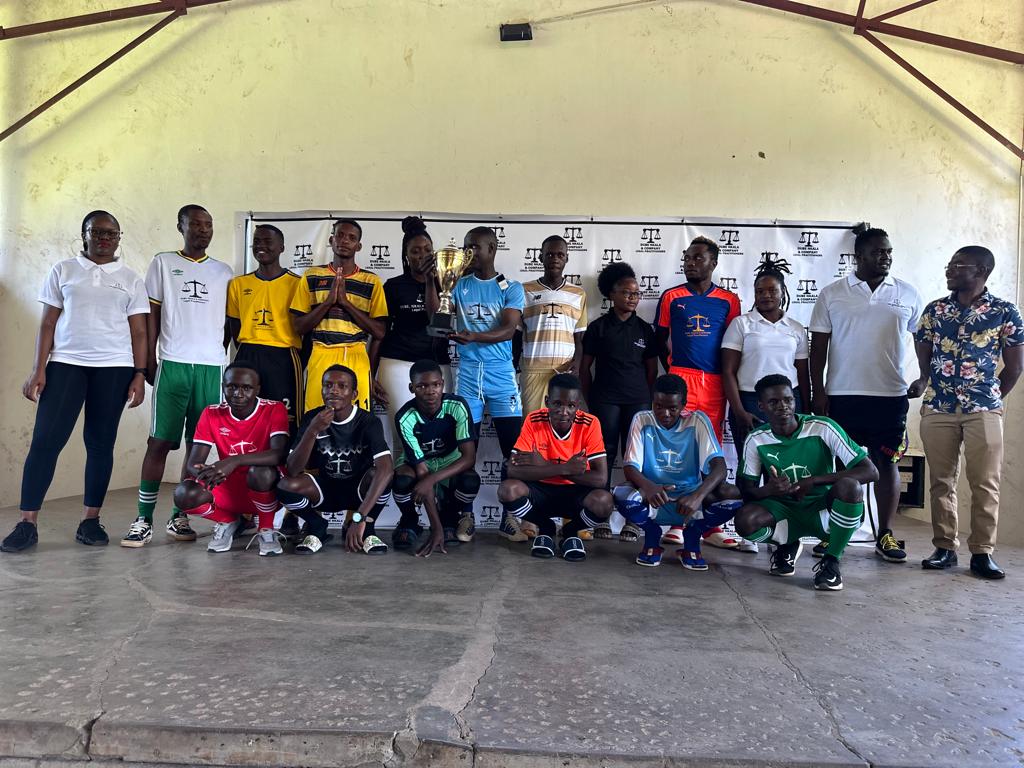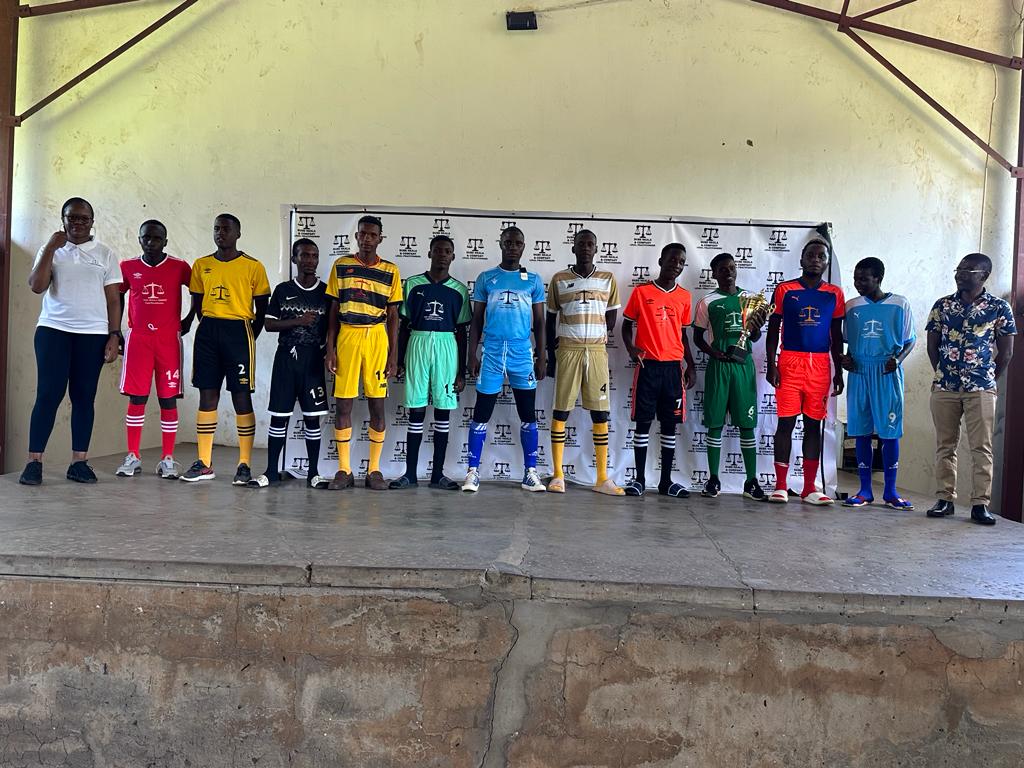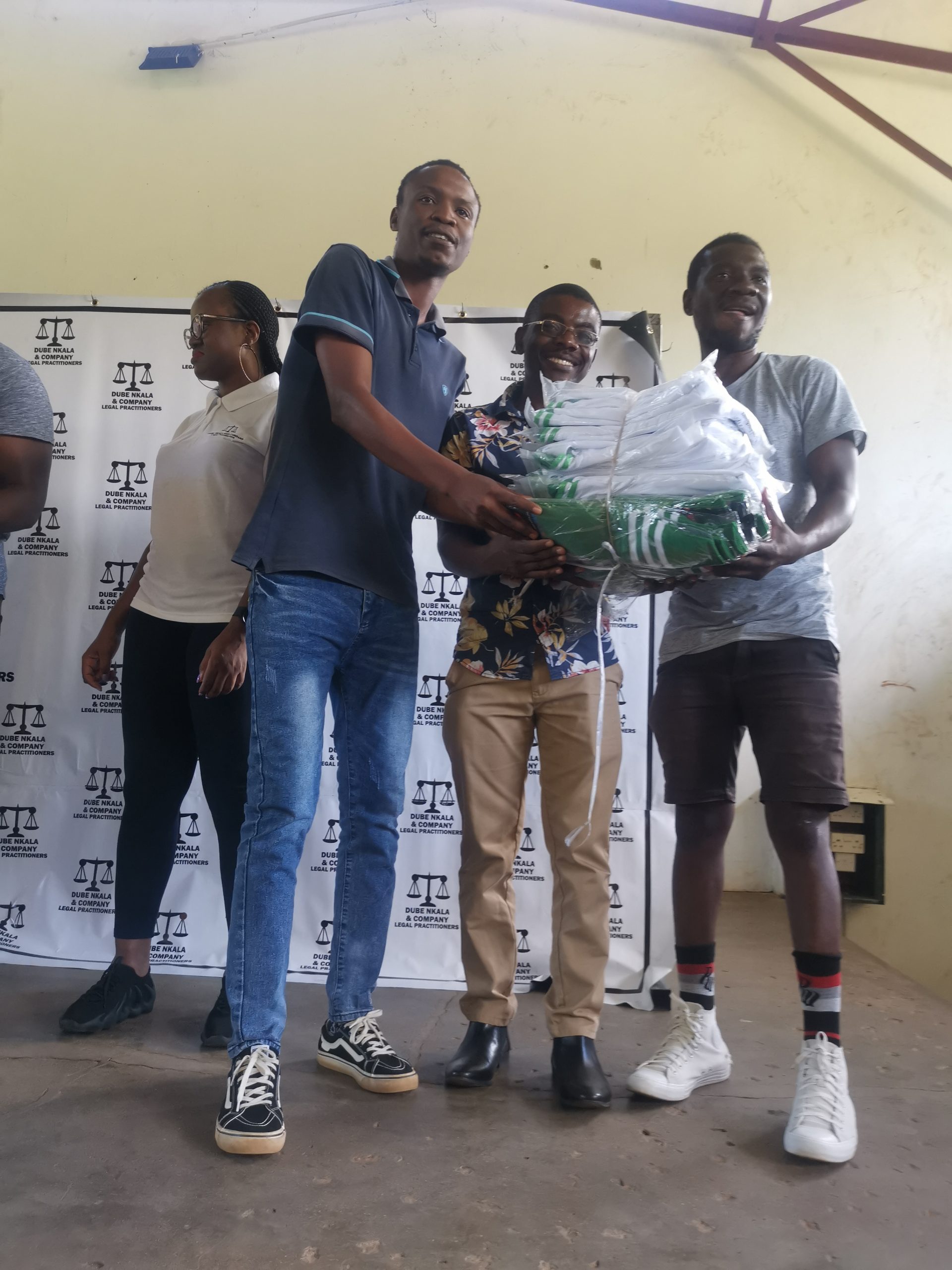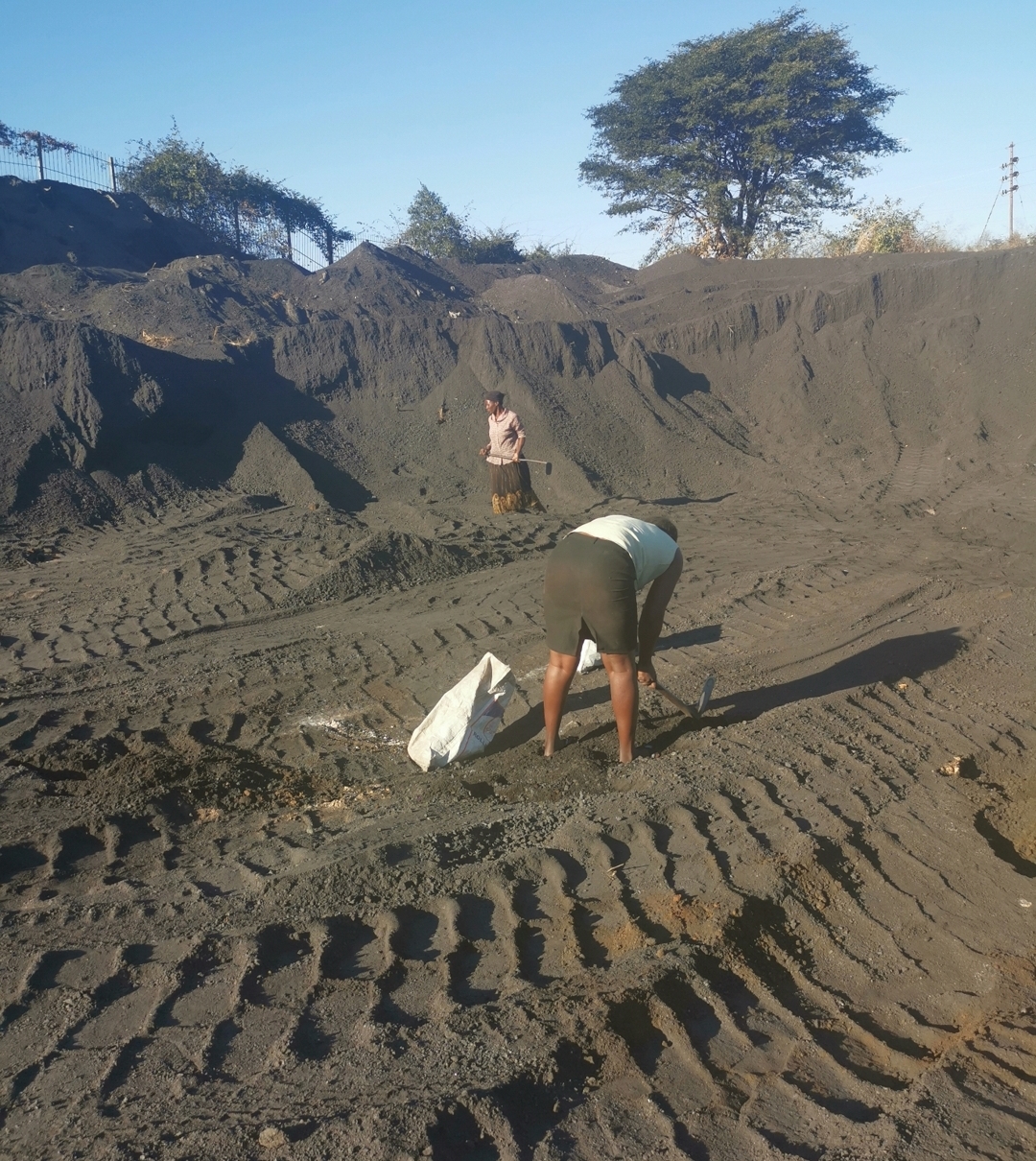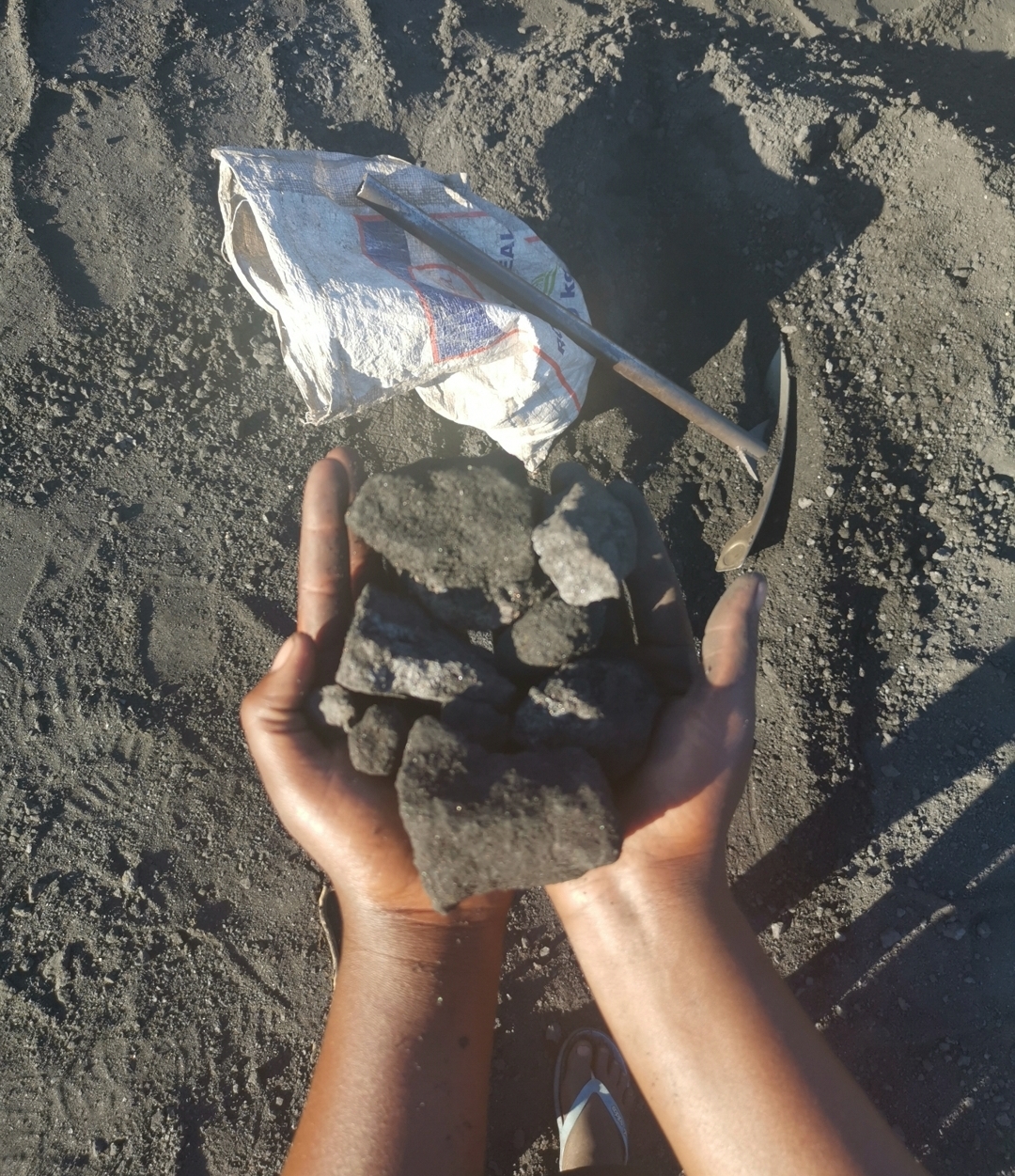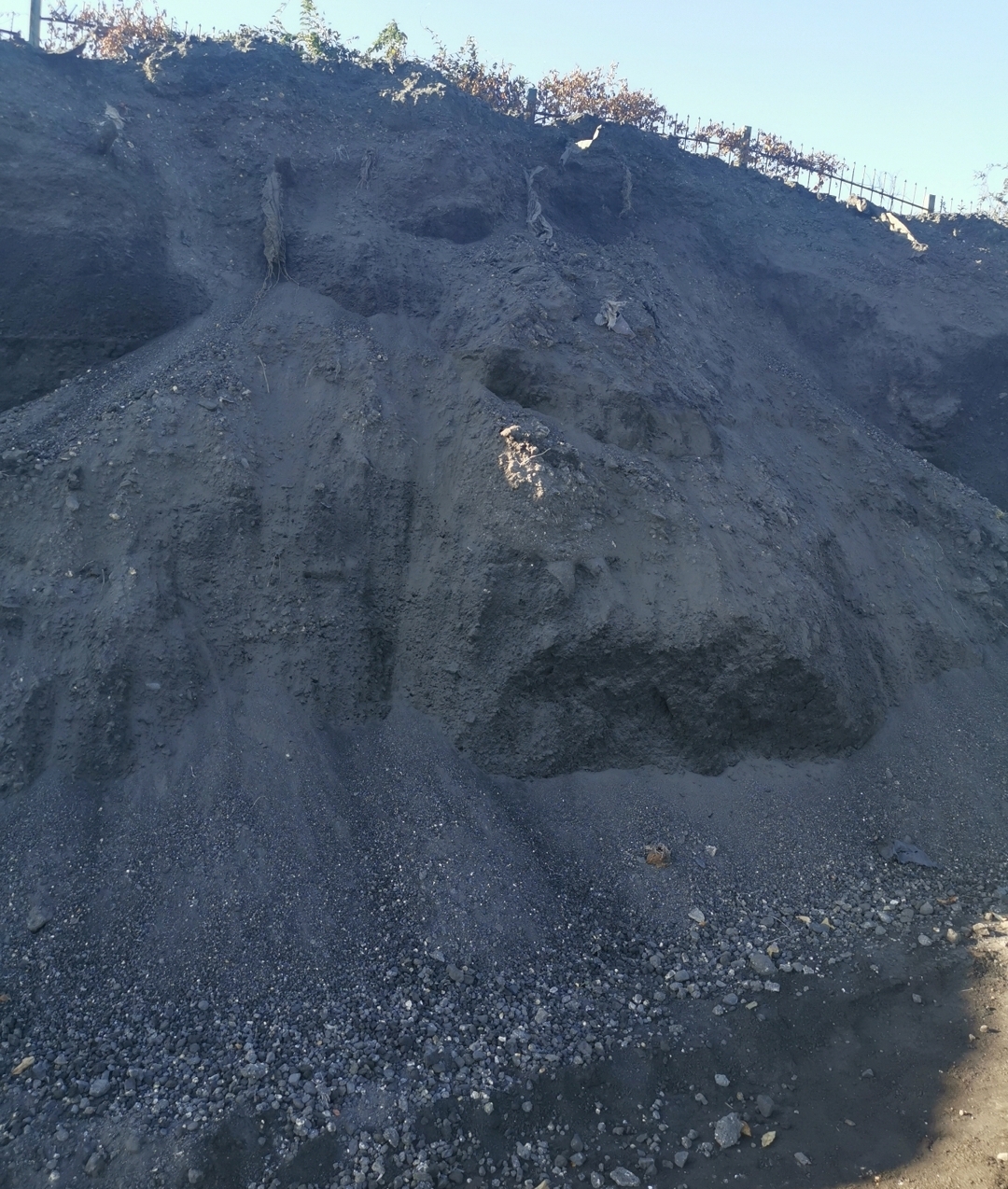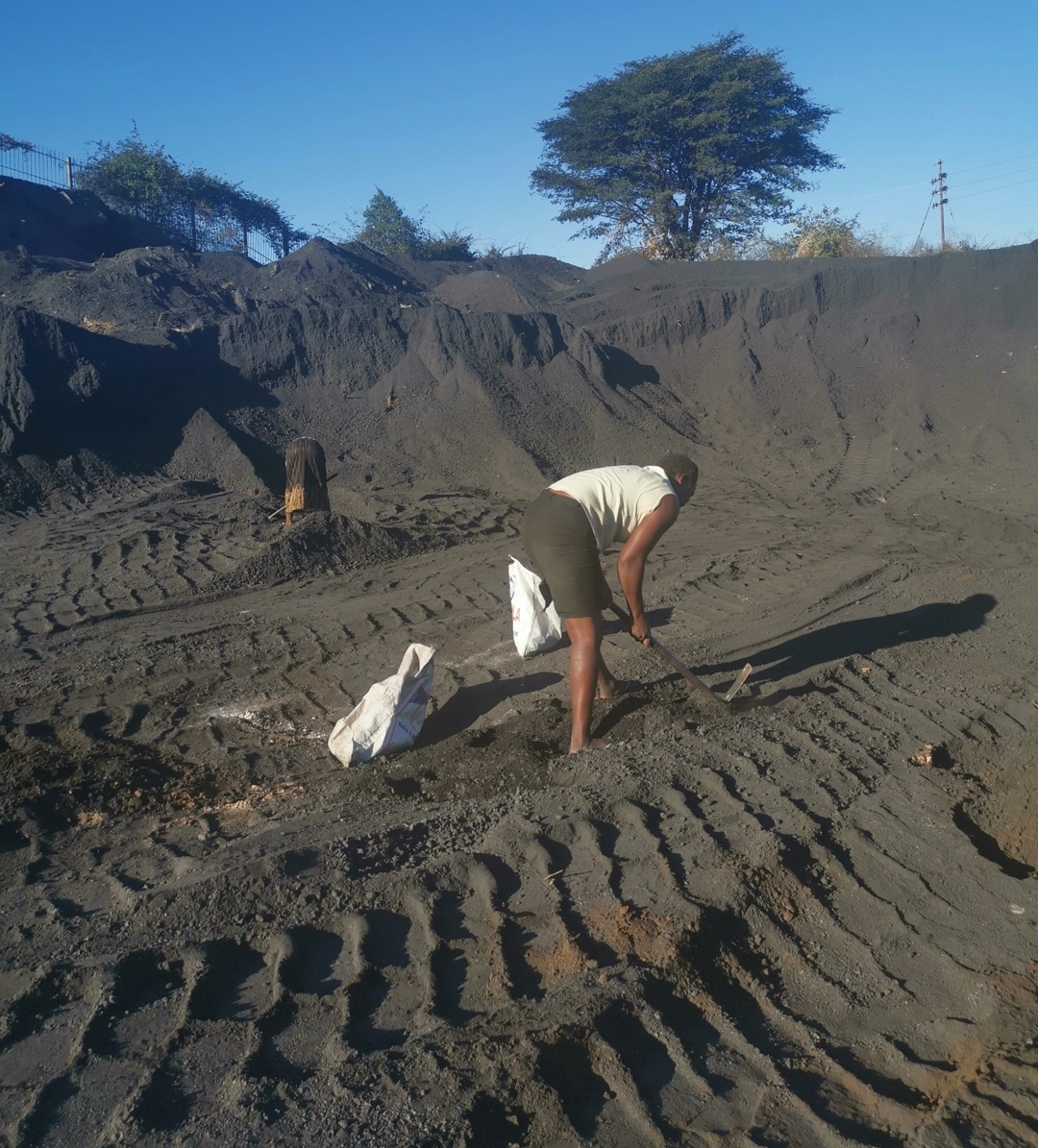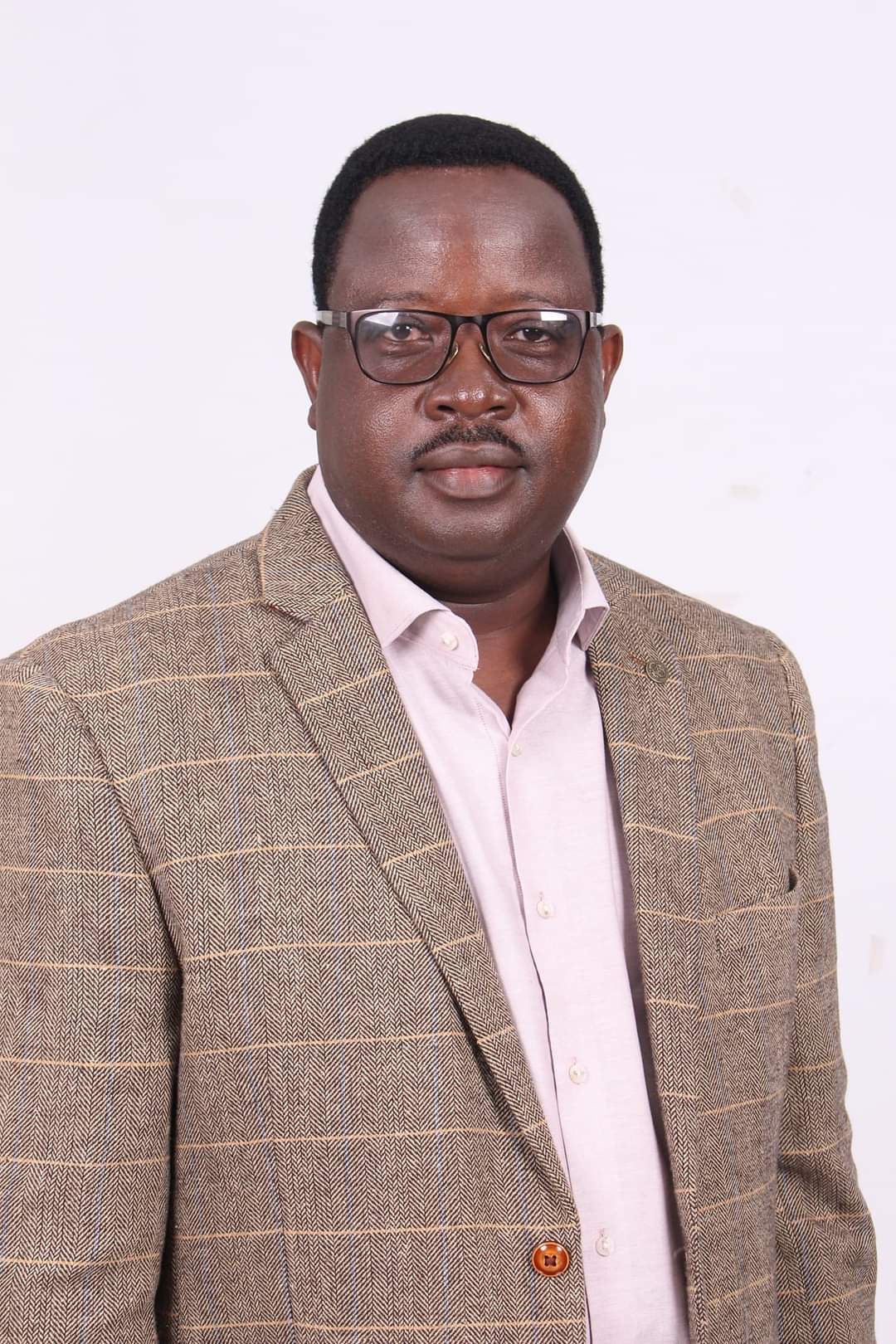BY CYRIL ZENDA
Four decades after the start of pogroms that left over 20,000 dead and tens of thousands others missing and or displaced in Zimbabwe, survivors are still searching for closure.
But closure remain elusive.
On the night of January 6, “unknown people” used explosives to blow up a memorial plaque at Bhalagwe, a former detention camp where thousands of people were detained and tortured – many of them to death.
It was the third time within two years that this plaque, which is considered offensive by President Emmerson Mnangagwa’s government, had been destroyed.
It is a memorial set up to memorialise the over 20,000 people from the Ndebele tribal group that were killed when the post-Independence government of Zimbabwe unleashed a crack military unit on the western parts of the country, then opposition strongholds.
This dark episode in the country’s history – referred to as the Gukurahundi era – started in 1982 when friction between two former liberation movements, Zanu PF and PF Zapu, boiled over into an armed conflict.
Then prime minister, the late Robert Mugabe, responded by deploying his special North Korean-trained army unit called the Fifth Brigade to these strongholds of the opposition PF Zapu.
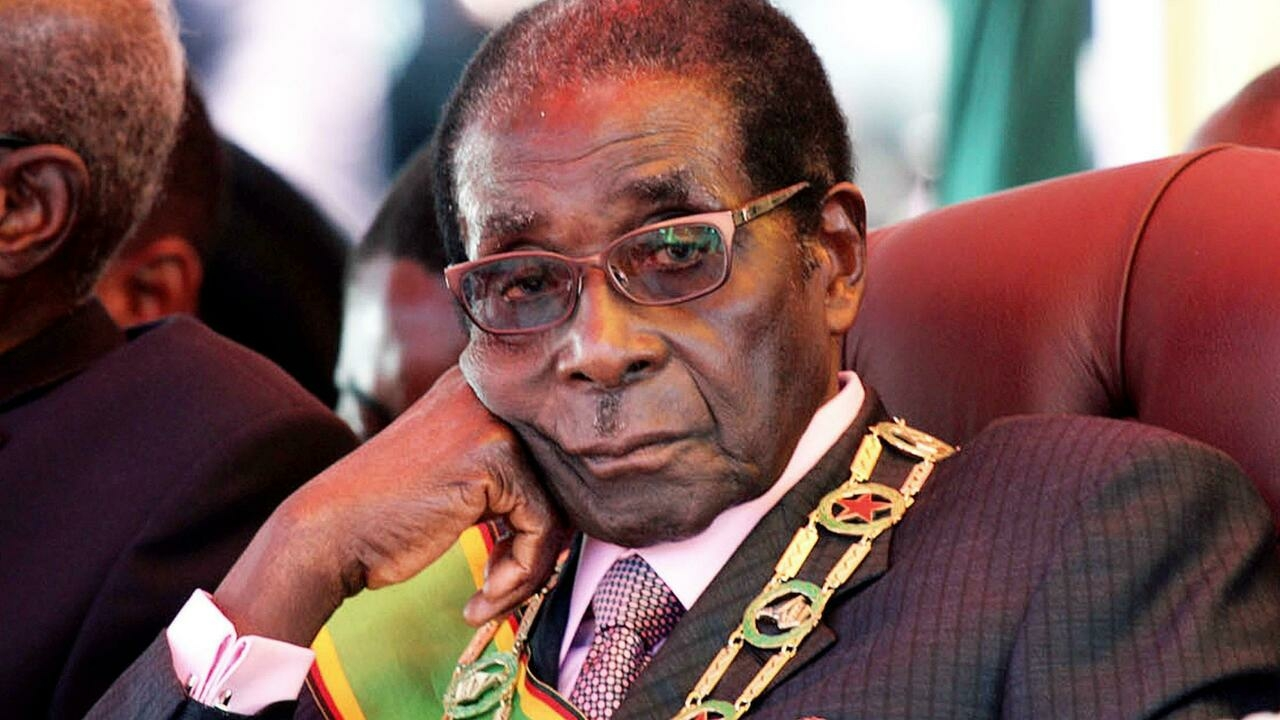
Robert Mugabe
By the time a peace was restored through a lopsided unity accord in December 1987, over 20,000 had died and thousands others were maimed, raped or had gone missing in what had turned out to be a tribal genocide.
Ibhetshu Likazulu, a local pressure group made up of advocates representing Gukurahundi victims, put up the memorial plaque and those that have been destroyed previously.
The group is among the most vocal of civil society organisations calling for accountability for the massacres.
“They have no shame, today they used an explosive, the unrepentant Gukurahundists continue to destroy the memory of their diabolic acts, they blew off the Bhalagwe plaque, we will not forget, we cry for justice, Gukurahundi was genocide, we demand justice,” the pressure group stated, reacting to the latest destruction of the plaque in a tweet.
Life Of Indignity, Statelessness
Over the years, efforts by survivors of the genocide and relatives of victims to get closure to this episode have brought them no joy as the government has continued to frustrate them, condemning them to a life of indignity and even of statelessness.
“I was born during the Gukurahundi time and when my mother died when I was 14 in 1999, I still had no birth certificate and since her death, none of her relatives are comfortable relating to me because to them, I am an object of shame to the family,” Ndaba (37), an artisanal miner, told FairPlanet in an interview.
He is one of the thousands of children that were born from the mass rapes which constituted an integral part of the Gukurahundi strategy.
“Without identity documents, there is nothing for me to show that I am a Zimbabwean […] I am stateless,” he added.
Without identity documents, Ndaba could not proceed with his education, nor can he get a formal job or even enjoy basic services such as opening a bank account.
He is one of the hundreds of thousands of stateless people from the three western and southwestern provinces of Zimbabwe that were affected by the strife where several generations have no identity documents.
Even long after peace had been restored, the people of Matabeleland have suffered systematic discrimination and marginalisation from successive Harare administrations.
Half-Hearted Attempts To Bring Closure
Under pressure from survivors and relatives of victims, Mnangagwa – who is accused of masterminding the atrocities when he served as Mugabe’s right-hand-man as State Security minister – has held a series of consultative meetings with civic groups and traditional chiefs to find common ground on the issue.
But critics doubt the genuineness of his government’s commitment to fully address and account for the killings.
His government has tried to carry out exhumations of the mass graves scattered throughout these provinces, without getting anyone to account for these killings, prompting family members and human rights groups to charge that the government was moving too quickly in an attempt to prevent a more thorough historical accounting.
Organisations like Ibhetshu Likazulu are vehemently opposed to any government involvement in the healing process.
“Under no circumstances should there be any government-controlled exhumations and reburials of Gukurahundi genocide victims,” the group’s coordinator Mbuso Fuzwayo said in a statement.
“Healing and reconciliation cannot start with mass exhumations and reburials, and certainly not if they are conducted by government or those it controls.
Instead, this should come after, among other things, an acknowledgement of the genocide, and release of the Chihambakwe and Dumbutshena commissions’ reports, and be done by an independent body as part of truth- telling.”
The reports Fuzwayo was referring to were prepared by the two commissions set up by the government after public outcry during the massacres in the mid-1980s; reports that the government has kept under lock and key to this day.
Truth And Reconciliation Commission Mooted
In this search for closure, there are some who strongly believe that a Truth and Reconciliation Commission, similar to one that was convened in South Africa in the aftermath of Apartheid may bring closure to the victims of Gukurahundi.
However, while this would be ideal, Father Oskar Wermter, a Jesuit priest who has lived and worked in Zimbabwe for more than 50 years understands why Mnangagwa and his colleagues in the government are reluctant to institute such a commission.
He said that those in power “are afraid of the truth coming out.”
“The declarations of intent, of wanting to go back to Gukurahundi, are not honest.
“They will never do it. Not this generation who were responsible,” Father Wermter said.
However, while local efforts are underway, there are those who have no confidence in a process in which some of the perpetrators are returning to the crime scene to lead the healing process.
These would like the international community to investigate the killings.
Piers Pigou, International Crisis Group’s senior consultant for Southern Africa, has also expressed his misgivings about a government-led process.
“I think it is highly unlikely that there would be any meaningful process under this administration,” Pigou told FairPlanet.
Doubt is prevalent
Mxolisi Ncube, a local journalist who has extensively researched the killings doubts that survivors and families of the dead will get closure from the current government-driven process.
“I don’t foresee the Gukurahundi survivors getting any closure or restitution under any Zanu PF government because Zanu PF leaders and members, both individually and as a collective, seem reluctant to own up to the killings,” Ncube told FairPlanet.
“Even some of the former Zapu members who suffered under Gukurahundi seem to have joined in the fray of those who want to hear nothing about Gukurahundi after the 1987 Unity Accord; I don’t know if that is being driven by fear or a new resolve on their part.”
Ncube, however, applauded the move by the Mnangagwa administration to open up debate on this emotive issue.
“Their intentions may not be genuine as other people fear, but through talking and sharing their experiences, through speaking out and unleashing what is in their chests, the survivors may lighten the load on their shoulders and give researchers and advocates a new insight from the hitherto untold stories about Gukurahundi,” he said.
Painful Wounds continue to fester
Throughout the duration of the Gukurahundi massacres and in their aftermath, the Catholic Commission for Justice and Peace (CCJP) and the Legal Resources Foundation documented the atrocities and eventually published an explosive report in 1997 entitled Breaking The Silence – Finding True Peace.
“This story is not just about the past, but about how the past affects the present,” the report points out.
“There are many problems that remain in communities as a result of what happened, in particular from the murders and beatings by soldiers.
“Many people can tell stories of how they have failed to get death certificates for those who died, or how such certificates have a false cause of death, which upsets them.”
“Others tell of mass graves or shallow graves in their areas and how this disturbs their communities,” the report further reads.
“Some tell how members of their families were taken at night and have never been seen again.
“Many other individuals have to live with physical injuries, which means they cannot work well in the fields, or travel easily on buses, for example.”
A good 25 years after the publication of the report, these people are still searching for closure without luck.
Ncube said that in the unlikely event that the government process run its full course, these victims that have been waiting for justice for decades don’t know what to expect.
“Will there be restorative justice? Will there be restitution? Will there be prosecution for those known to have partaken in the killings?
“Will there be an apology from Zanu-PF? Will there be a Gukurahundi memorial day?
“Will this lead to the final conclusion of this dark cloud in a way that mends the growing tribal divisions, especially between Ndebeles and Shonas?
“All these are questions that remain unanswered.” – FairPlanet

 Slider1 year ago
Slider1 year ago
 News1 year ago
News1 year ago
 Tourism and Environment2 years ago
Tourism and Environment2 years ago
 News3 years ago
News3 years ago
 News2 years ago
News2 years ago
 News2 years ago
News2 years ago
 News1 year ago
News1 year ago
 News2 years ago
News2 years ago


